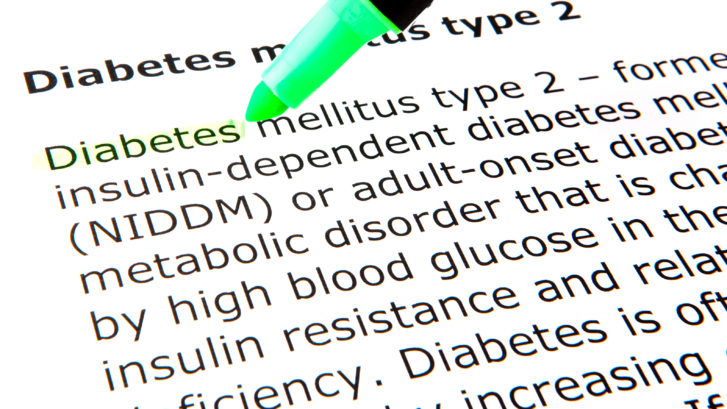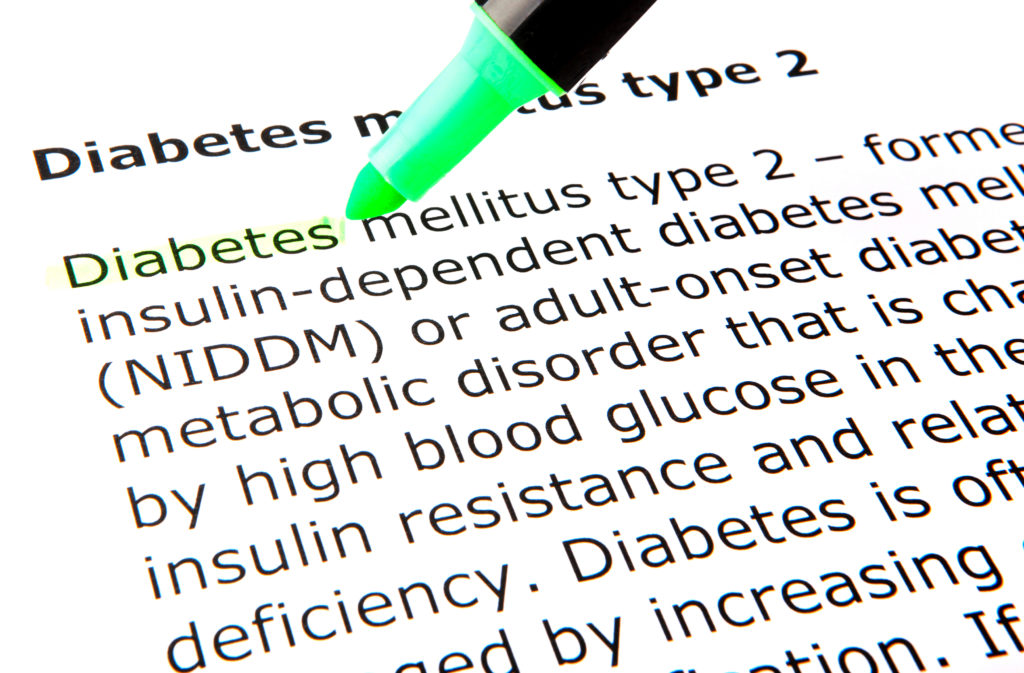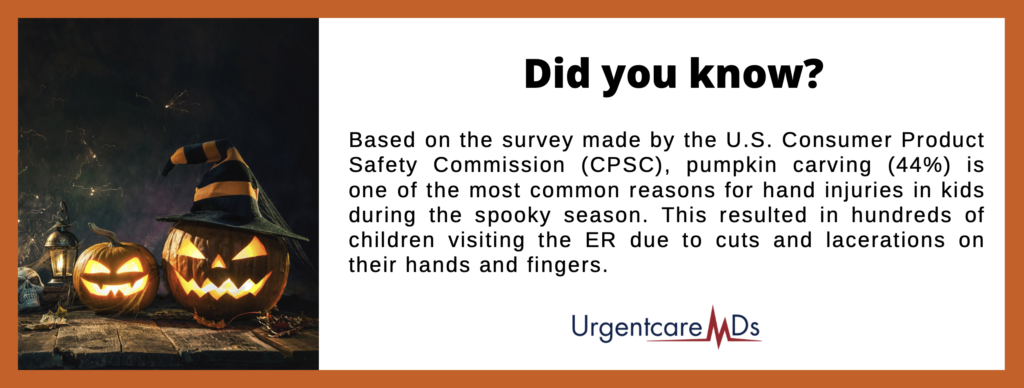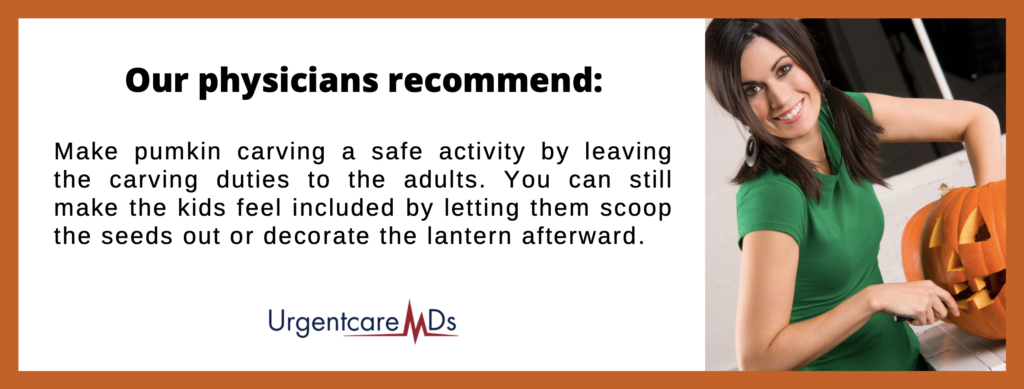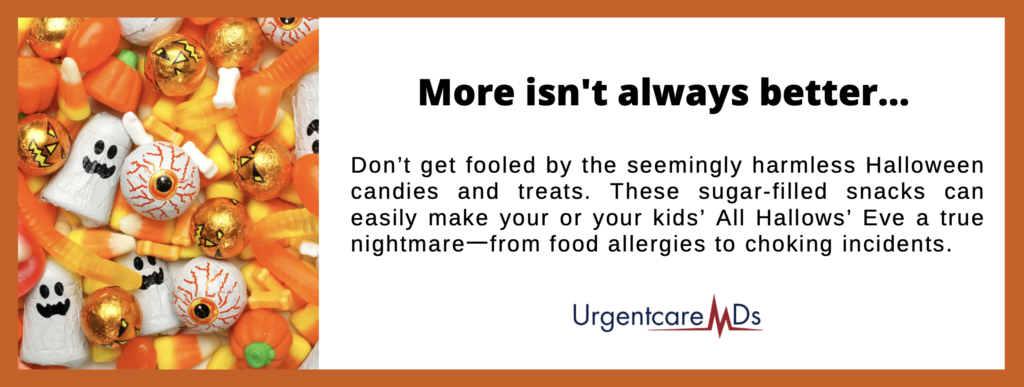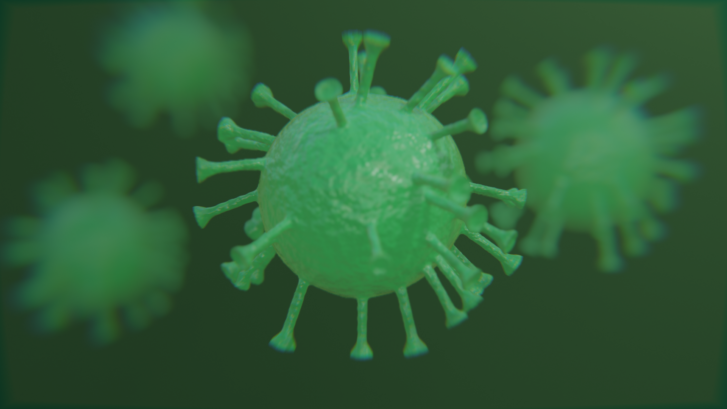What you can do to Have a Safe Thanksgiving Dinner
Thanksgiving is a notorious day for divulgence and overeating. But with Thanksgiving also comes the risk of accident, hazards, and illness that can lead to a visit to an urgent care center for treatment.
So what can you do to help you avoid a trip to urgent care on one of the most festive holidays of the year? Our physicians have some suggestions to keep you safe and healthy this Thanksgiving.
How Can I Prevent Food Borne Illness?
Many turkeys carry bacteria, with the most common being salmonella. If undercooked, the bacteria can cause the following symptoms:
- Vomiting
- Diarrhea
- Fever
- Abdominal discomfort
If not appropriately treated, salmonella poisoning can be life-threatening.
However, if you cook your turkey correctly, then you can prevent an outbreak of the illness. It is recommended the turkey be cooked to at least 165 degrees and checked often with a thermometer. By following directions, you can keep all safe when serving Thanksgiving dinner.
How Can I Prevent Overeating?
Nutritionists offer several suggestions to avoid overeating on Thanksgiving day. Not only does overeating lead to discomfort, but it can lead you to give up on your diet entirely through the rest of the holiday season. It doesn’t have to be that way! Here are some common tips to prevent overeating:
- Eat a protein-filled breakfast in the morning
- Choose to eat off of a smaller plate
- Be mindful of portion sizes
- Carefully select what foods you want to divulge and balance it out with some healthy choices
What About Salt Intake?
Some Thanksgiving foods are seasoned excessively with salt. For many, it may just lead to excess thirst, but it can place stress on the body for those with some health conditions. Those with congestive heart failure, kidney disease, or chronic edema are particularly at risk.
Emergency rooms and urgent cares see a spike the day after the holidays for patients with these chronic diseases because symptoms worsen.
If you do not have a chronic condition, try to be mindful of any loved ones who do, offering alternative dishes or limiting the salt you put in your dishes when cooking.
How to be Safe with Alcohol Consumption
Not only does alcohol contribute to slips and falls on Thanksgiving, but it can increase the chances of other accidents.
Of course, the most important thing to do is never to drink and drive. Either designate a sober driver or plan to stay the night if you drink more than what is considered safe. If you have a safety plan for alcohol consumption, drink plenty of water and spread out how much you drink over the day.
Also, consider that alcohol consumption can be related to overeating at Thanksgiving. When your inhibitions are affected, you may eat more than intended or be inclined to eat those leftovers later on during the night.
Another deterrent to drinking too much alcohol is the dreaded hangover. Though the symptoms usually can be managed at home, some urgent care centers see a spike the day after holidays as patients are dehydrated or have gastrointestinal upset. Some heavy, chronic drinkers can also be at risk for alcoholic seizures. If you have a family member who has difficulty managing their drinking, try to be supportive and encourage responsible drinking.
Urgentcare MDs Is Here if You Need Medical Attention This Thanksgiving
No matter the injury or illness, you can seek medical attention at Urgent Care MDs. We are available to treat minor emergencies, acute illnesses, and injuries. For medical consultations, you can visit:
We also offer primary care in Baytown.
PrimeCareMDs in Baytown
2655 West Baker Road
Baytown, Texas 77521
Many families want to make sure they are safe against COVID-19 before they get together. We offer COVID testing, so you can ensure no one is exposed to the virus this Thanksgiving.
In addition, we provide:
- STD testing
- Flu, coughs, and colds treatment
- Pregnancy testing
- Stitches
- sports physicals
- and much more!
Get in touch with us! By offering services by appointment or walk-ins, we are here and happy to help you stay safe and healthy this holiday season. We look forward to helping you and your family.
The material contained on this site is for informational purposes only and DOES NOT CONSTITUTE THE PROVIDING OF MEDICAL ADVICE, and is not intended to be a substitute for independent professional medical judgment, advice, diagnosis, or treatment. Always seek the advice of your physician or other qualified healthcare providers with any questions or concerns you may have regarding your health.


